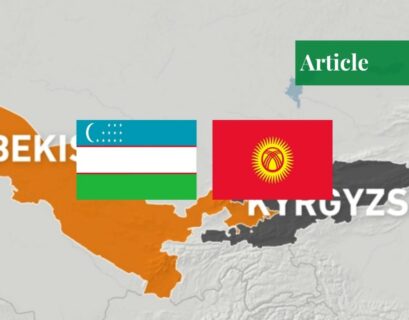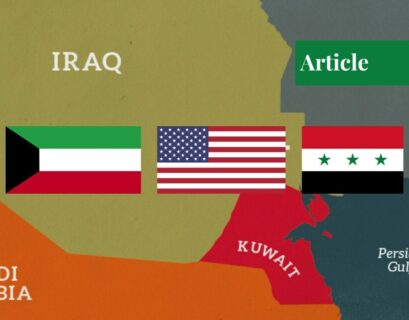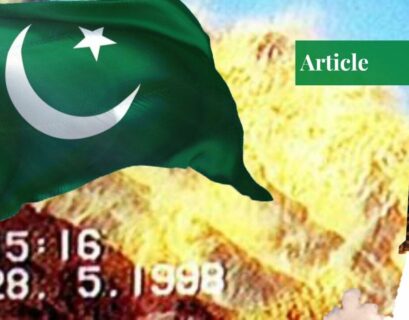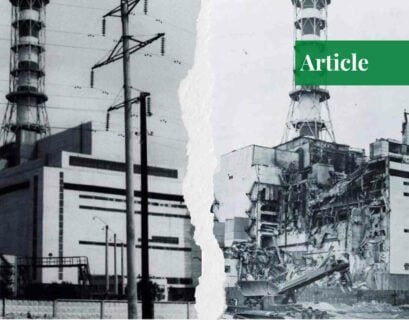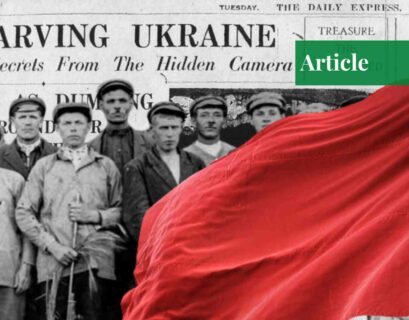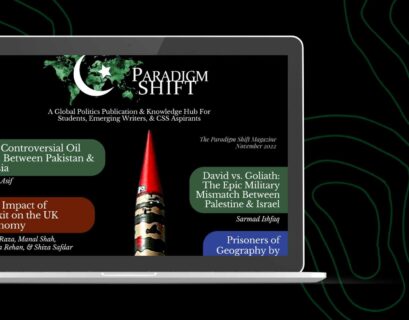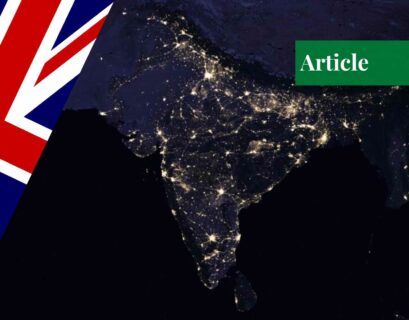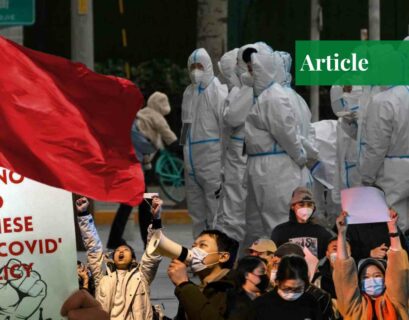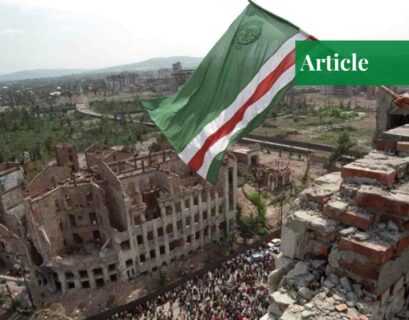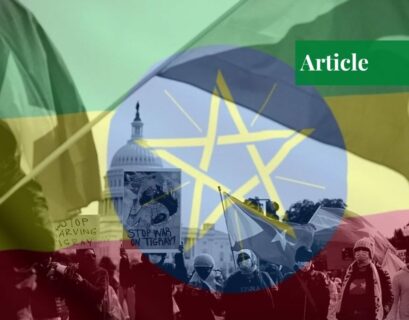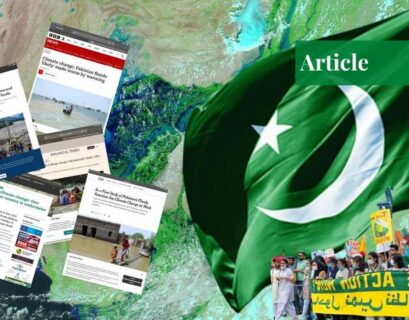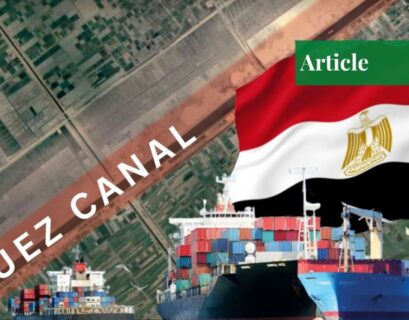The Kempirabad Reservoir: Achieving Depth in Kyrgyz-Uzbek Relations
A shared border has geopolitical and geoeconomic dimensions of its own, which then brings our attention to the Kyrgyz-Uzbek border.
The land isn’t the main issue in this case—eyes are more on the Kempirabad or Andijan reservoir located where Kyrgyzstan’s Osh region and Uzbekistan’s Andijan region meet.
An agreement on the joint management of the reservoir was signed just last month by both states.
Recalling the First Persian Gulf War
The Persian war, also known as the Gulf War (1990-91), was an international conflict that involved the United States of America, Iraq and Kuwait.
Galvanized by the Iraqi invasion of Kuwait in 1990, the Gulf War was the first crisis after the Cold War era.
Pakistan’s Road to Nuclearization
What was the journey like for Pakistan to become the first Islamic state with nuclear weapons? Hamra Tariq details the regional developments, the critical individuals involved, the power dynamics, and the stealthy operations that directed Pakistan’s road to nuclearization.
The Opportunities & Challenges of Using Social Media in Pakistan
Kashaf Imran discusses social media and technology in the digital age. She also comments on the challenges and opportunities for Pakistan, with a particular focus on 5th-generation media warfare.
The Chernobyl Disaster of 1986
The explosion in the Chernobyl nuclear power plant 36 years ago is considered to be the worst nuclear disaster in the history of the world.
The Chernobyl disaster of 1986 caused a massive radiation leak that likely killed tens of thousands of people.
The Holodomor in Ukraine: Famine or Genocide?
Holodomor, literally “death by hunger”, was an artificial famine that hit Ukraine from 1932 to 1933 and resulted in massive devastation.
Also known as the Great Famine, this catastrophe consequently caused the death of at least 3.9 million Ukrainians.
However, the question here is: Was Holodomor just a famine, or as Ukraine puts it, a methodically planned genocide?
Paradigm Shift’s Magazine: November 2022 Edition
Introducing the November 2022 edition of our magazine—9 pieces, our top interns, advertising opportunities with us, and a request for flood donations.
The Indian Subcontinent and the Remnants of British Raj
The Indian subcontinent has always submitted to different cultures, religions, and rulers, and the same happened when the British took over.
Abrish Nayyar describes the various long-term effects of British colonialism in the subcontinent, with a focus on the eventual social, cultural, and psychological implications.
Protests Against China’s Zero-COVID Policy
China continues to stand by its zero-covid policy, one that requires extended lockdowns, mass testings, and quarantines. The government believes this is necessary to completely eliminate the virus from China.
Waves of protests are now erupting all across China. Although citizens previously yielded to these strict measures, it seems patience has worn out.
The Second Chechen War: Seizing Chechnya
The Khasav-Yurt Accord of 1996 didn’t last long and was followed by another bloody war between the Chechen Republic of Ichkeria and the Russian Federation.
Known as the Second Chechen War (or the second Chechen campaign), this war of independence resurfaced in August 1999 and continued for another ten years till April 2009.
The bloody encounter led to thousands of deaths, and granted significant autonomy to Chechnya.
The Tigray Conflict: A Truce for Peace in Ethiopia
Mahnoor Najeeb details the brutal conflict between the Ethiopian government and the Tigray People’s Liberation Front (TPLF).
Following the recount of the ill-fated relationship, she briefly describes the recent peace deal that has been struck between the Tigray forces and the state authorities.
The Economic Cost of Political Instability
Afflicted by political instability and uncertainty, Pakistan has faced a difficult trail in economic growth.
Laiba Umer Malik points out the economic costs that Pakistan has paid due to political uncertainty—elections, protests, and terrorism—in its history.
Propelling Pakistan’s Automotive Industry to Embrace Technology
In the automotive industry of Pakistan, procuring spare parts and then providing the same have always been burdensome. There are several reasons for the sluggish growth of this industry, but the overriding factor that’s holding it back is the lack of an adequate technological infrastructure.
Buzzwords in the National Climate Change Policy of Pakistan
Seemal Nadeem examines the climate change policies of Pakistan (2012 and 2021) to identify how terms like ‘sustainable’, ‘mitigation’, and ‘adaptation’ have been used.
She also explains how these terms became a part of the development theory, and the implications these terms have for Pakistan and its policies.
The Foreign Policy of India: Mirroring the Strategies of Chanakya Kautilya
To Ayeza Areej—and many others—the strategies of Chanakya Kautilya, an astute strategist of his time, seem to be reflected in India’s foreign policy.
From Kautilya’s Arthashastra, an ancient Indian treatise, readers, too, might find there to be a strong resemblance between the two.
Postmodernism in International Relations
Critical in nature and identified as a cultural movement against modernism, postmodernism rejects universal and definite truths, challenging reason itself. It views existence to be fragmented and irregular while condemning science and technology.
Maryam Yasmeen unravels this complex theory and its application to the discipline of international relations.
The Geopolitical Importance of the Suez Canal
Summaiyya Qureshi explores the geopolitical importance of the Suez Canal, a widely used route in the marine commercial business that reduces trade costs significantly.
The Suez Canal plays a vital role in linking the Mediterranean and Red Seas, making it simpler to export and import commodities from Asian countries to European and African countries, and vice versa.
